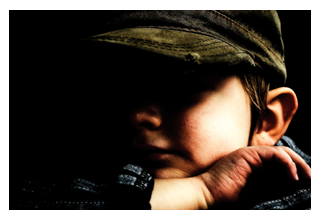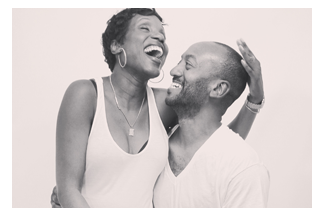All of us have messages that repeatedly play in our minds. This inner discussion structures the way we react to situations that may occur in our everyday lives. In order to live healthy and happy we must purposely pack the thoughts in our minds with positive self-talk. Most of the time, our self-talk is negative because we remember the bad things we were told as a youth as well as negative reactions from other children. These awful past experiences tend to slowly lower our self-esteem because these messages have continuously played over and over in our minds.
To recognize the foundation of the damaging messages and then work with the individual to deliberately “overwrite” them is one of the most important things we use in therapy with people who suffer from depression. For example, we would show someone how valuable they actually are if that person was taught as a child they were worthless.
References
Jantz, G. L. (2016, May 16). The Power of Positive Self-Talk. Retrieved from https://www.psychologytoday.com/us/blog/hope-relationships/201605/the-power-positive-self-talk
Positive Self-Talk
By: Brittany Jones
Yesterday I sat by a pond
Pondering upon my self’s reflection.
It appeared that I was faced
With someone else’s face
Because the discouraged countenance staring back at me
Had the darkness of unworthiness written all over it.
There was absolutely no need to read between the lines to see that
That darkness was as dark as the darkest night.
I then told my liquid mirror,
“That image is not either you nor I.”
You have to see that our eyes
Are as bright as the highest IQ.
I am here and am definitely not def or dumb.
My pond will reflect enlightening expressions
That I will use as bate to debate
With thoughts of failure as I fish for internal truth.
I know that from within my heart’s treasure chest
Which resides within my chest,
That I will never again be a pawn
To that dark knight of unworthiness.
By: Brittany Jones



